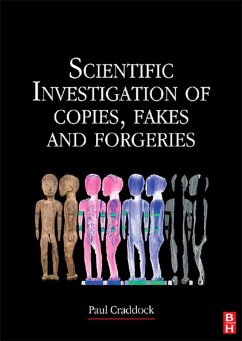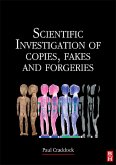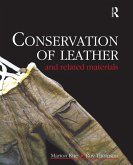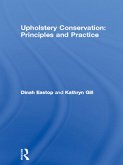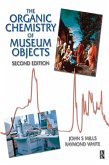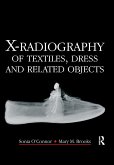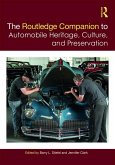This book aims to provide a comprehensive survey of the subject over a wide range of materials, emphasising how the fakes and forgeries are produced and how they may be detected by technical and scientific examination. The subject is exemplified by numerous case studies, some turning out not to be as conclusive as is sometimes believed.
The book is aimed at those likely to have a serious interest in these investigations, be they curator, collector, conservator or scientist.
Paul Craddock has recently retired from the Department of Conservation, Documentation and Science at the British Museum, where he was a materials scientist.
Dieser Download kann aus rechtlichen Gründen nur mit Rechnungsadresse in A, B, BG, CY, CZ, D, DK, EW, E, FIN, F, GR, HR, H, IRL, I, LT, L, LR, M, NL, PL, P, R, S, SLO, SK ausgeliefert werden.

